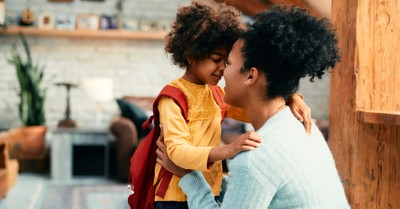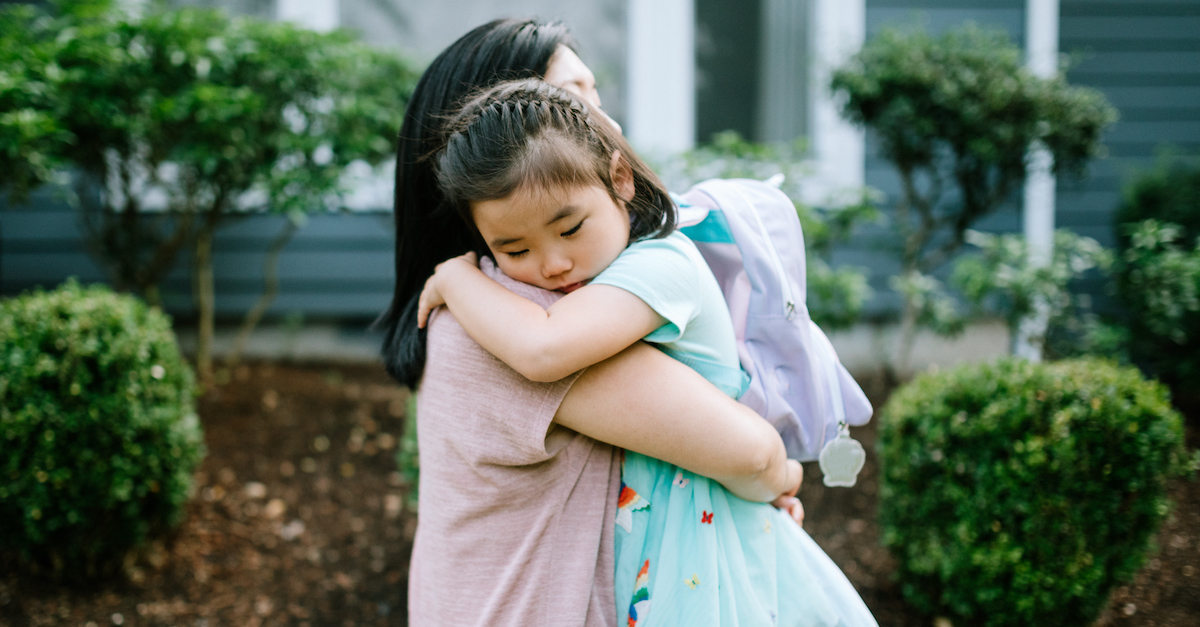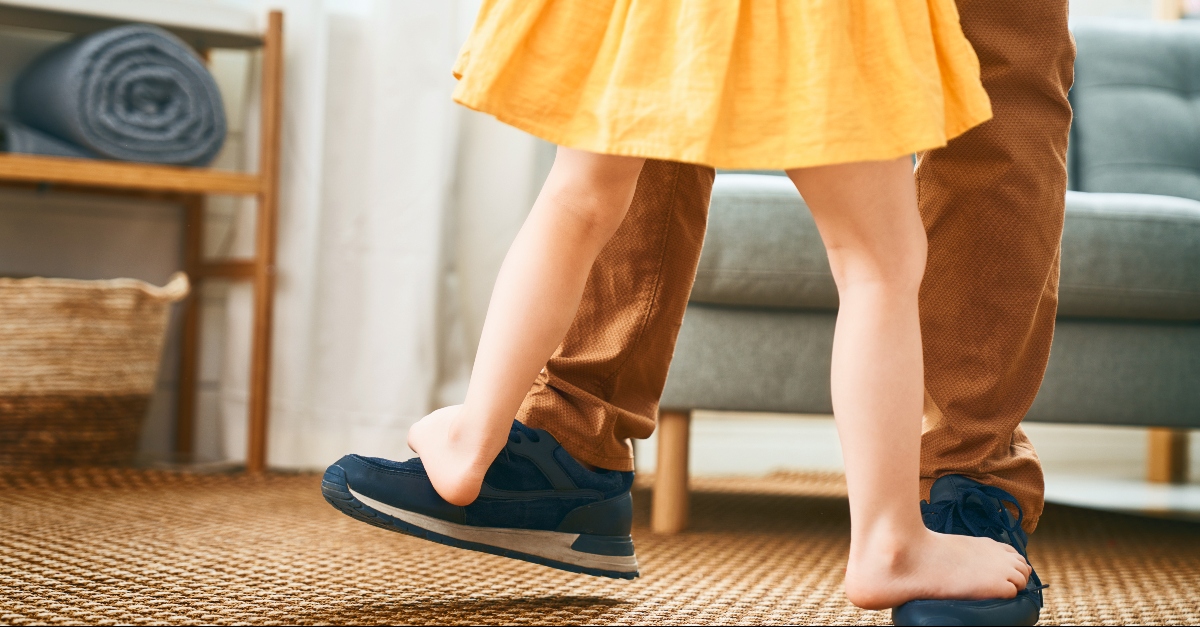3 Ways to Prepare Your Child for Pre-K
Back To School


Audio By Carbonatix
4:00 AM on Thursday, September 5, 2024
By Jaime Jo Wright, Back To School

1. Reassurance through tangible items.
Because your child is entering the unfamiliar until it becomes familiar, they may need the familiar. It's an awkward sentence, but true, nonetheless. Familiarity is significant when it comes to security. Many parents find it a bad form to allow their child to take a comfort item to school. Be it a stuffed animal, a small blanket, or a toy, these items are often perceived as a hindrance to growing up and learning to be independent. While there is truth to this if carried on for too long, during the adjustment stage, having an item of familiarity that also gives some emotional security can go a long way in reassuring your child that this new place isn't bad, and they are not alone.
For example, my daughter had a stuffed animal she took to school many days that first year of Pre-K. As she moved into Kindergarten, we taught her to stand more independently, as she had a year of memories to look back on and be reassured that everything was okay and safe. But for the first few weeks and months, "Georgie" was in her backpack with the rule that he was not allowed to come out. This way, it wasn't a tribulation for the teacher, but our daughter knew her stuffed friend was nearby. She could get snuggles and kisses during break when she could go to her cubby. One time, during an injury, her ever-understanding teacher allowed her to retrieve Georgie for comfort while Band-Aids were applied and tears were dried.
Unless there are strict regulations against this practice, consider discussing this option with their teacher to make sure it won't pose a problem for them. If not, realize the familiar can be a huge boost to a young one's self-confidence when they march into the school for the first year of their life.

2. Reassurance through personalization.
Their teacher will most likely be well prepared to help your child discover their own place within the classroom. Their cubby, desk or seat, specific color or identifier, and so on. You can reaffirm this with your child by even adopting some of this in your home. Let the child—if they desire—bring home the concepts of personalization and allow them to recreate them in their safe place.
For example, my daughter quickly discovered her identity as the teacher's helper to pick up pencils and crayons. This was her "job," and she took great pride in it. Because it helped her little mind tie the safety of home to the safety of school, we allowed it to be her "job" at home as well. We advised our other child/children to allow our daughter to "do her job" and pick up the crayons. Our daughter was very proud to be in charge of her position and because it overflowed from school to home, it also helped her personalize her school experience into something positive. Because we reinforced it as parents, it also reinforced the decision-making and authority of her teacher and created the unconscious understanding that her teacher was a safe person from whom to take instruction—the same as mommy and daddy.

3. Reassurance through relationships.
This can be tough, especially if your little one is prone to separation anxiety because introducing the concept of faith is tough for little hearts to grasp. But going to school is a big step of faith for them; they're trusting that you—their parent—will be there at the end of their school day to pick them up. So, it is important to help them remain reassured of the strength of your relationship and that they are not losing you.
One of the ways this can be accomplished is by drawing the parallels between how Jesus stays with them, even when you need to go for the day, but that you also come back. Be cautious about having multiple people lined up for pickup. Until your child has adjusted, consider arranging your schedule so that you are there for pick up at the end of their school day. This reassures them that you've left them in God's care, but you're also making sure you're there to welcome them back into your care.
Pre-K can be such an exciting time for your child, and if you're blessed, your child will easily adapt to the classroom, their teacher, and the other kids. But in the event that their struggle is more palpable, hopefully, these three tips that made a significant difference in our experience will do the same for you!
